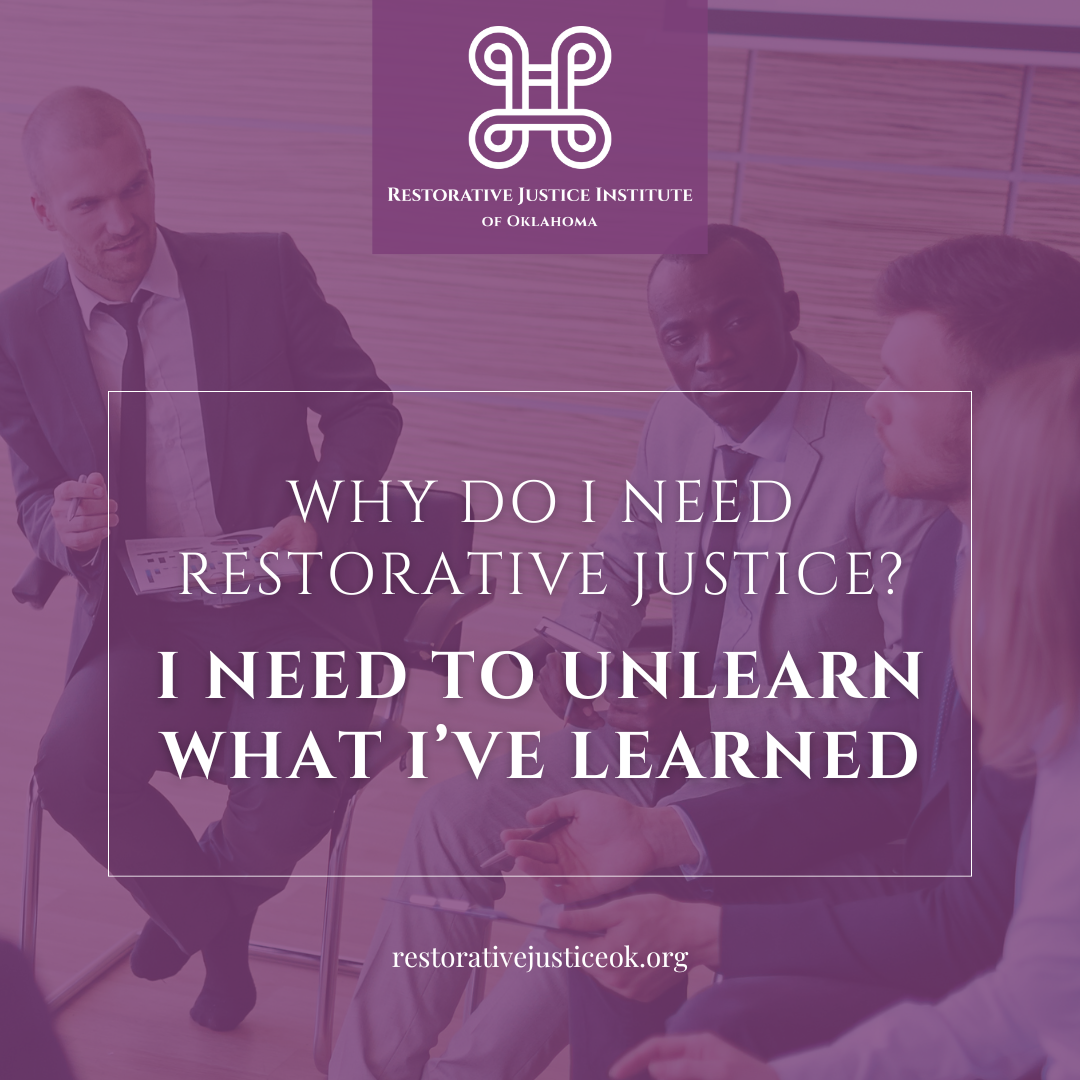I’ve learned that many people (especially those that aren’t white) have lived with hurt, harm and trauma for a long time. They carry legacy burdens of past generations in their genetic code. So, why would an educated white woman need to better understand this reality? Hear me out –
I know my family’s genealogy from 1632 (paternal) and 1750 (maternal). This history provided me with an anchor, particularly after the British and Swedish ancestors made it to the Colonies (United States). I come from Patriotic stock in New England – part of the original 13 colonies. My ancestors fought in the Revolutionary War. I was and am privileged because I know my lineage. Patience for more…
I expected energy, yet felt deep sadness
In May, 2021, my husband and I toured the Southeast United Stated on what we labeled, an African American/Black Tour of the South. We would end our trip in Oklahoma for the anniversary of the Tulsa Race Massacre, May 31, 2021. The tour included crossing the Edmond Pettus Bridge while we channeled John Lewis. We visited the National Civil Rights Museum, the National Memorial and Museum for Peace and Justice and cities including Selma, Montgomery, and Memphis. We stood on the balcony where Martin Luther King was shot. We saw the soil from lynching sites.
I returned to Tulsa with the heaviest sadness that I ever experienced. My husband’s sadness was profound as it reminded him of his family’s Holocaust experiences. I felt deep sadness in my body. I expected to be recharged with my new knowledge and to bring that energy back to the Tulsa Race Massacre anniversary.
Eventually the deep energy arrived
What I brought back to Tulsa was deep grief that eventually morphed into deep energy. An energy to learn. Energy to change. An energy to think about people and races and culture in new ways.
You see, I thought I was already smart and open-minded. I’ve traveled all over the USA. I’ve visited 41 countries. BUT, I didn’t know the real history of my own country. I didn’t know that 60 million Native Americans were killed or died because of actions taken by the white European Colonists. I didn’t connect that manpower was needed for North/South commerce and that was a catalyst for the slave trade.
I had been taught that America was the land of opportunity for all immigrants, yet I had to take off my rose-colored glasses. I had tremendous cognitive dissonance. I had internal discomfort and mental angst, which I knew from the past, usually leads to learning and change.
I dove in to learning and self-reflection
I read books and took a few classes online. Each activity led to greater self-reflection and awareness. It ended up that the answer was close. I am associated with Phoenix Rising High School, and it has a culture of restorative justice. I realized if the involvement of RJIOK was positive in the school, could it also have a positive impact on me?
My fear was getting too radical
The idea of restorative justice felt much more comfortable than social justice or racial justice, although I knew they were related. I didn’t want to be involved with policy work or legislation; I was attracted to direct work with self and others. I created a mantra: “I must restore myself before I can help to restore others.” And that’s where it all began.
RJIOK is frequently embedded in schools. However, as someone with corporate America experience, my view is restorative justice is more related to diversity, equity, equality, and inclusion (DEI) programs and thinking. Not just being TOLD about it, but first investing time in one’s own values, social mores, and family culture. Finally, there was training that could truly help leaders.
So often the white leadership team played lip service to DEI programs, and yet the employees never heard or saw their behavior evolve. We didn’t see a greater diversity of color and culture and thinking in our newly hired coworkers, but we all completed the DEI training.
If your goal is to truly become more open-minded about humanity, your neighbors, service-providers, coworkers and associates, you must first understand yourself and your personal layers of identity. With these skills, you realize that everyone has a story that is much more complex than you originally thought.
Further, by better understanding your own history, feelings and experiences, you naturally become more compassionate to others.
The Restorative Justice Foundations class is full of questions:
- Why did that hurt me?
- How do cultural norms impact my behavior?
- Did they mean to shame me?
- How have the policies and systems in the US favored wealth, whiteness, and men?
The class is not about anger toward self or others. It’s about unlearning what we didn’t even know we learned about how we – or the system – treat others.
Embrace the Journey to Becoming a Restorative Leader in 2024!
Are you ready to make a positive impact in yourself, your community and beyond? Join us on a transformative journey towards becoming a Restorative Justice leader in 2024!
What’s in Store for You:
- Level 1 Circle Keeper: Dive into the basics of restorative justice, learning how it can truly transform and heal our communities. Lay the foundation for creating positive change.
- Level 2 Foundations: Restorative Justice is more than a tool—it’s a paradigm shift. Level 2 guides you towards embodying restorative principles, reshaping your approach to seeking safety and fostering connection.
- Personal Coaching: Elevate your journey with one-on-one coaching sessions! For just $999, get (8) 1-hour personal/professional coaching sessions to align your 2024 goals with your values. Payment plans available.
While the 2024 training dates are still in the works, you don’t have to wait! Sign up now for rolling enrollment, and we’ll keep you posted once the courses are finalized. Be a pioneer in the restorative justice movement!
It’s time for a fresh perspective! Check out Jane Mudgett’s insightful blog post about why Restorative Justice is becoming increasingly important for us to unlearn what we’ve been taught. Discover how RJIOK’s Foundations course will get you thinking, questioning, and better-understanding your relationships with those around you. Let’s bridge our differences and create a better understanding of human connection. #RestorativeJustice

